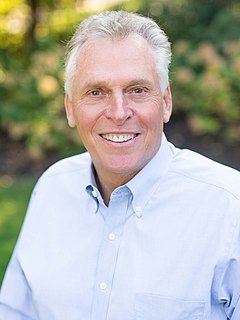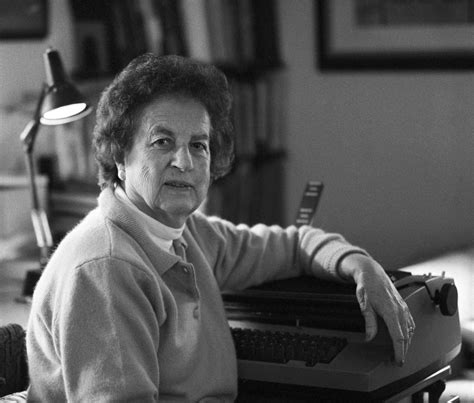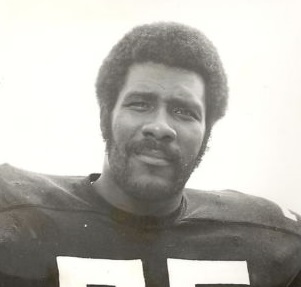A Quote by Terry McAuliffe
When I ran for governor, I talked about the disenfranchisement of voters. I talked about the history that we've had. We've had a horrible history here in Virginia going back to 1901 - the poll tax, literacy tests, disenfranchisement of felons. We're one of the worst four states in America on allowing people back in with voting rights.
Related Quotes
During the Jim Crow era, poll taxes and literacy tests kept the African-Americans from polls. But today, felon disenfranchisement laws accomplished what poll taxes and literacy tests ultimately could not, because those laws were struck down. But felony disenfranchisement laws had been allowed to stand.
The way they taught history in schools was not appealing. They stressed wars and dates. They left the people out. I was attracted to history by the need to know about the people. In China, I went to a British school, and we just learned about kings and queens. Back in America, I had the regular social studies curriculum.
I read the story and reread the story, but I still could not find the universality that the little Irishman had spoken of. All I saw in the story was some Irishmen meeting in a room and talking politics. What had that to do with America, especially with my people? It was not until years later that I saw what he meant ... I began to listen, to listen closely to how they talked about their heroes, to how they talked about the dead and how great the dead had once been. I heard it everywhere.
Before I ran for District Attorney, two Republicans invited my husband and me to lunch. And I knew a party-switch was exactly what they wanted. So, I told Chuck, we'll be polite, enjoy a free lunch and then say goodbye. But we talked about issues - they never used the words Republican, or Democrat, conservative or liberal. We talked about many issues, like welfare - is it a way of life, or a hand-up? Talked about the size of government - how much should it tax families and small businesses? And when we left that lunch, we got in the car and I looked over at Chuck and said, "I'll be damned, we're Republicans."

































